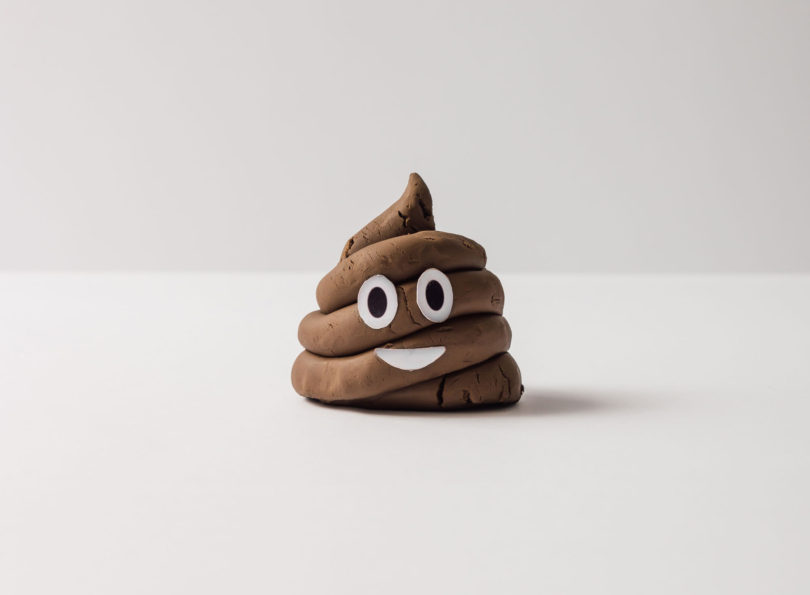Poop, number 2, stool, feces and plain old s#!* are all words that have been used to describe what is nothing more than a normal, healthy bodily process. With the increase in fecal transplants, poop is now being used to heal, too.
Fecal transplants are exactly what they sound like: the transfer of literal stool material from one person to another. The procedure — which continues to gain traction within the medical community — treats illnesses and infections by putting the “good bacteria” from a healthy person’s gut into the body of someone for whom these beneficial little microbes are absent.
The Why
But why would someone even need to consider a poop transplant? The answer lies within our society’s chronically escalating dependence on antibiotics. It is common knowledge that the proliferation of these bacteria-killing drugs can be harmful to the body in many ways. Not only do antibiotics kill the harmful bacteria that cause infections, but the immunity boosters and microbial aids in the gut that are crucial to our homeostasis and good existence are also attacked as collateral damage.
As a result of this, there is a lot of empty space in the microbiota of the medicated human body — a space that can then easily be taken up by harmful bacteria, most commonly Clostridium difficile, known as C. diff. Once this infectious pathogen invades the body, it can be very hard to get rid of, even with additional antibiotics.
Due to C. diff’s virulent and resistant nature, there are typically a few spores that tend to get left behind, thus allowing the germ to recolonize the intestine. Minor C. diff infections can result in several days of diarrhea and abdominal pain; more severe infections can bring about severe diarrhea, dehydration, colon inflammation (colitis), kidney problems and more.
If, however — after the course of initial antibiotics — the patient were supplemented with the healthy bacteria from the gut of a normal, non-antibiotic taking individual, such a “gap” in the human flora would never have been created in the first place, thus curbing the C. diff monopolization. Research shows that the transplantation of a healthy microbiome into a diseased gut could result in a competition for resources against C. diff, but fortunately, the beneficial microbes would likely win.
The How
Now that we’ve established why one would want the good bacteria, how would this even be achieved in a sterile way? First, donors — who can be from the patient’s own family if desired — must be screened just as thoroughly as they would be for any other form of tissue donation. Then, the fecal sample is analyzed and processed to ensure that any disease-causing agents are absent. Finally, the good poop is implanted into a patient’s intestines by colonoscopy.
Although this method may seem primitive and grotesque, its ability to tame the diarrhea that accompanies C. diff infections has proven to be significant. And thanks to technological advancements, there are now several pills being developed by pharmaceutical companies as a more elegant solution. These capsules contain frozen microbes from the gut of a healthy person and can merely be swallowed by the patient.
Fortunately, studies have shown, there’s little difference in the healing outcome whether poop has been transplanted through a colonoscopy or ingested in the form of a pill.
Beyond C. diff
It’s not just antibiotic-induced C. diff that fecal transplants can treat, however. Many gastrointestinal illnesses — including Inflammatory Bowel Syndrome (IBS) — have been linked to the disruption of the human gut microbiome due to the changing lifestyle of the world today. The FDA has even approved fecal microbiota transplants for patients with several different forms of GI conditions.
Meanwhile, there are species disappearing from the human ecosystem because of the increasing consumption of processed food and the overly sterile existence that we currently indulge in. These habits may inoculate the body against some pathogens, but they also deprive us of the probiotics that are vital to the smooth functioning of our immune system and metabolism.
The bottom line? It may very well be that the power of poop can keep us healthier in the long run.



